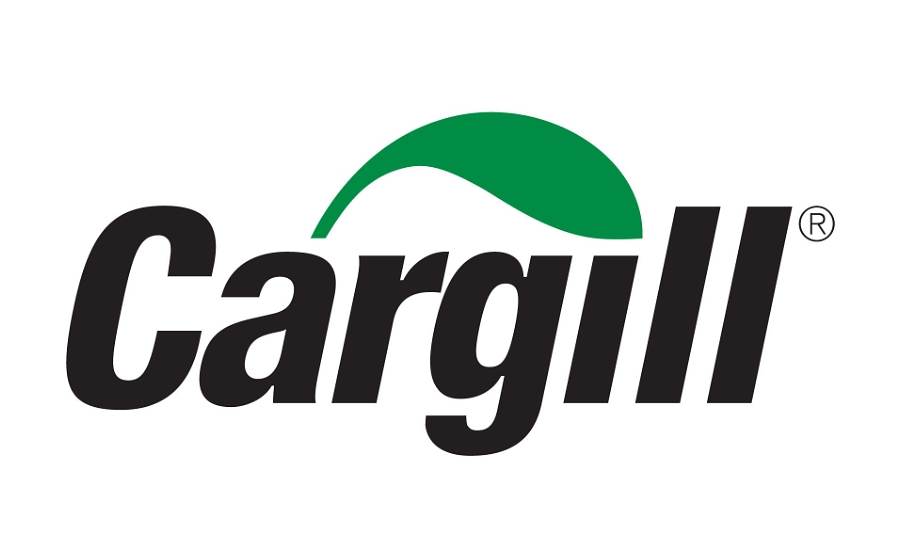Cargill, National Black Growers Council, and 100 Ranchers partner to address racial inequity in agriculture
Focus is on increasing participation and profitability for Black farmers.

Like many industries, agriculture is facing a racial equity problem. Traced back to slavery in the U.S., systemic injustices involving property rights, financing and other exclusionary practices persist today for Black farmers who make up less than 2 percent of the country's 3.4 million farmers. Cargill is looking to partner across the industry, from fields and ranches to restaurants and grocery stores, to help dismantle these inequities. To accelerate progress, the company has announced the Black Farmer Equity Initiative, in partnership with two U.S. organizations, the National Black Growers Council and 100 Ranchers.
The ultimate goal is to work with customers, non-profits and others to help increase the participation and profitability of Black farmers. As a first step, the partners will convene listening sessions with Black farmers, ranchers and producers, to map barriers and prioritize ways to improve market access and financial inclusion, sustainable agricultural practices, support next-generation agriculture leaders and advocate for policies that advance equity in agriculture.
"We're looking forward to working with the private sector to prioritize the most powerful ways to address long-standing inequities caused by racism in agriculture," said chairman of the Black Growers Council, PJ Haynie III. "Cargill's engagement will help create long-term solutions to increase market opportunities and earnings potential for our growers."
"Our values drive us to put people first. That is why we are working to address anti-Black racism by helping make the agricultural economy work for more producers," said Anna Richo, Cargill's general counsel, chief compliance officer and corporate secretary. "Racism is systemic, so our approach to addressing it must also be systemic. The status quo is not acceptable. We must do more in food and agriculture to invest in the Black community."
The Black Farmer Equity Initiative is part of a larger effort by Cargill to put its resources toward advancing diversity, equity and inclusion in the agriculture industry and in the communities where the company operates. To address anti-Black racism in the United States, Cargill has signed on to Management Leadership for Tomorrow's Black Equity at Work Certification, joined the OneTen partnership and dedicated resources to the CEO Action for Racial Equity. In its headquarters community, Cargill is advancing programs through the Cargill Foundation and with the Minnesota Business Coalition for Racial Equity. Globally, the company has contributed more than $15 million in the last year to programs that strengthen and support marginalized or underrepresented communities.
Cargill has also dedicated itself to supporting farmer livelihoods in the United States and around the globe. To date, 3.2 million farmers have gained increased access to markets and participated in trainings on sustainable and innovative agriculture practices that improve yields and earning potential. More than 10 million farmers, ranchers and producers will be trained by 2030, increasing productivity of family farms in the U.S. and around the world.
For more information or to join the efforts to advance opportunities for farmers, ranchers and producers, click here.
Looking for a reprint of this article?
From high-res PDFs to custom plaques, order your copy today!







